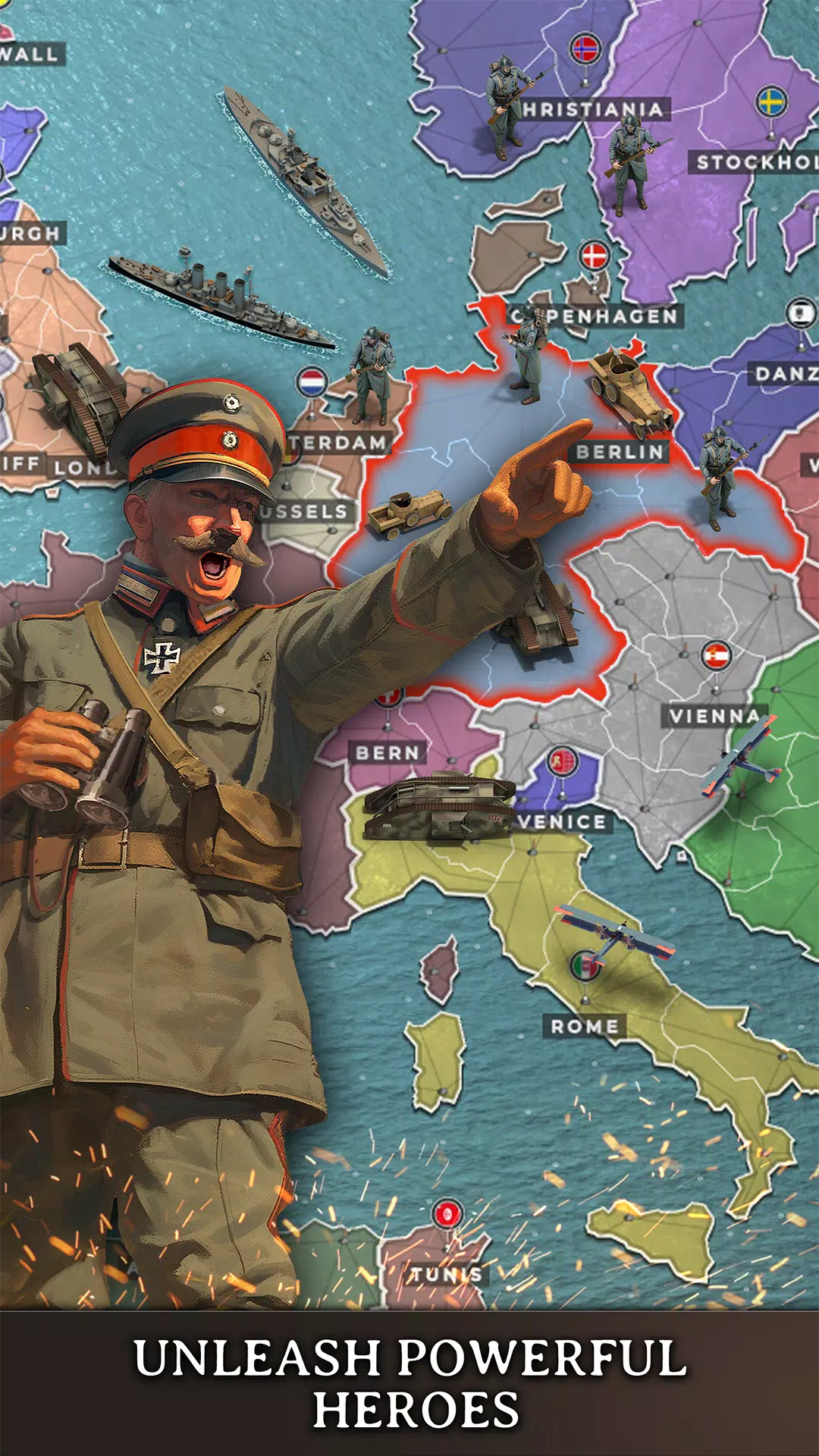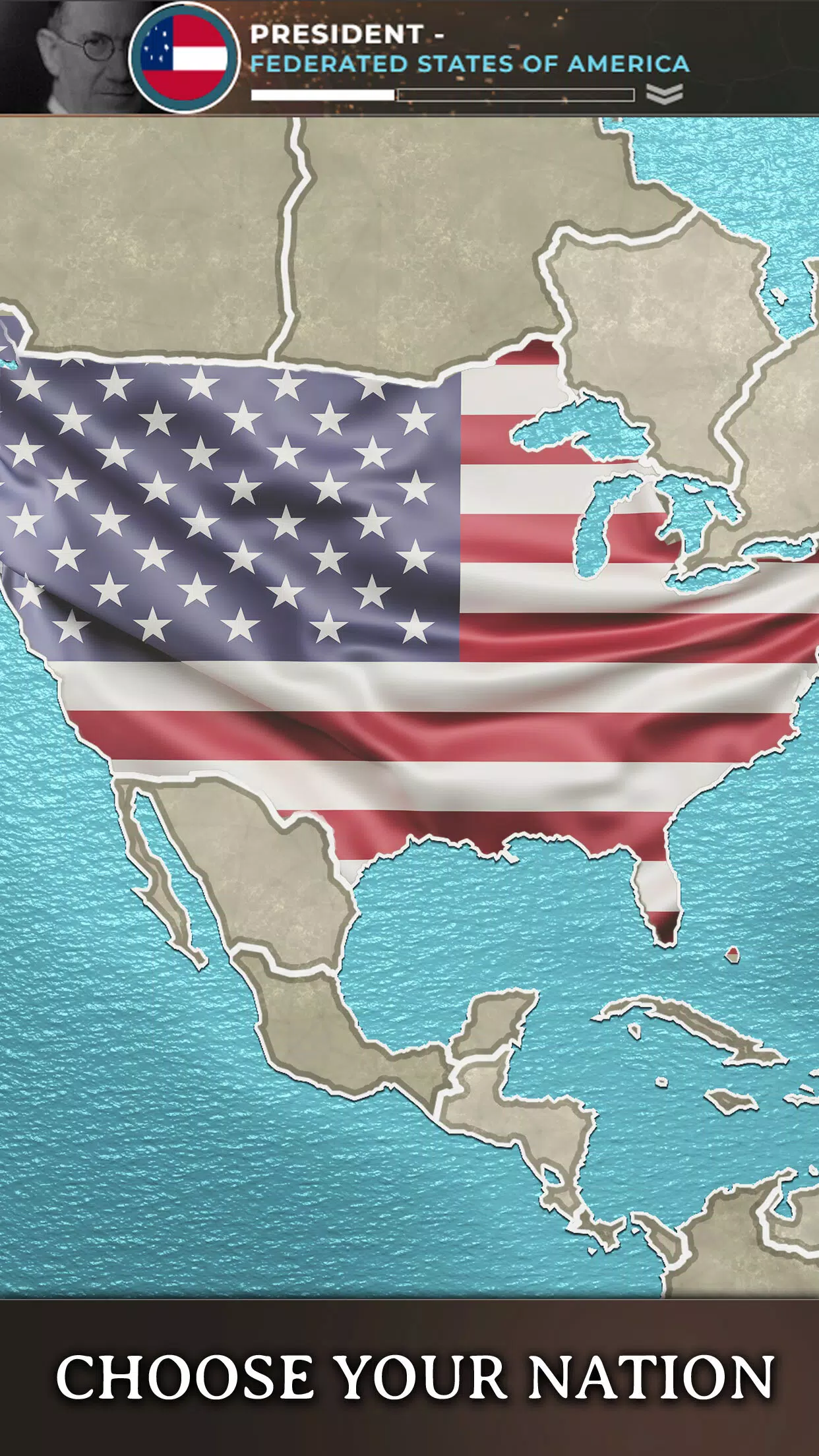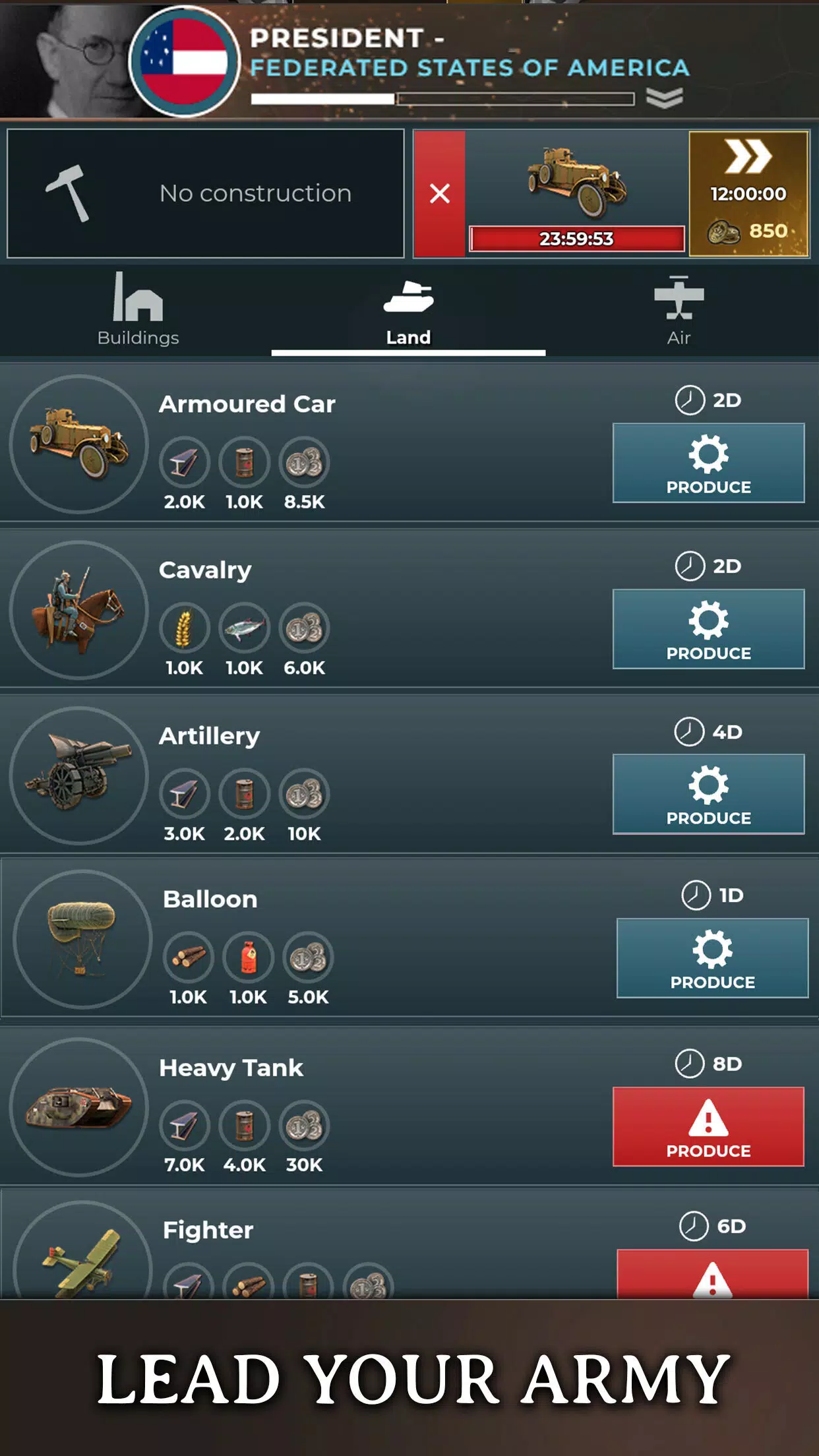
Application Description
If the United States had entered World War I earlier, the course of history could have been significantly altered. Here’s how history might have changed, viewed through the lens of being the President of the United States, navigating the complexities of WWI:
Early Entry into WWI:
As President, you decide to bring the US into the war earlier, perhaps in 1915, in response to the sinking of the RMS Lusitania or other provocations by Germany. This decision would have several ripple effects:
Impact on the Western Front:
- An earlier US entry would have bolstered the Allied forces on the Western Front much sooner. With additional American troops and resources, the Allies might have been able to push back the Central Powers more effectively, potentially shortening the duration of the war.
Economic and Industrial Contributions:
- The US economy would have shifted to wartime production earlier, leading to a more significant economic boom. This would mean increased production of materials, troops, and weaponry, utilizing America's vast resources like steel, oil, and manpower.
Alliances and Diplomacy:
- As President, you would need to strengthen alliances with France, Britain, and other Allied powers. Early involvement could lead to different trade deals and strategic partnerships, possibly influencing post-war treaties and the geopolitical landscape.
Technological Advancements:
- With an earlier entry, the US could have played a more significant role in the development and deployment of experimental weapons and units. This might have accelerated the use of tanks and other new technologies on the battlefield.
Casualties and Public Opinion:
- An extended period of involvement could lead to higher American casualties, which might affect public opinion and domestic politics. Managing this aspect would be crucial to maintaining support for the war effort.
Post-War World:
- An earlier and more decisive US role could have influenced the terms of the Treaty of Versailles. With more leverage, the US might have pushed for a more lenient treatment of Germany, potentially altering the conditions that led to WWII.
In the context of a game like Supremacy 1914, as the President, you would:
- Balance Resources: Utilize America's industrial might to produce essential war materials while managing the economy to sustain long-term war efforts.
- Forge Alliances: Engage in diplomacy to strengthen ties with the Allies, possibly forming coalitions to outmaneuver the Central Powers.
- Deploy Troops: Strategically place American forces on the front lines, leveraging the vast manpower to turn the tide of battles.
- Innovate: Invest in research and development to bring cutting-edge technologies to the battlefield, enhancing your military's effectiveness.
Supremacy 1914 offers a platform where these strategic decisions can be simulated. With its real-time multiplayer environment, up to 500 players can compete on historical and fictional maps, managing economies, forging alliances, and commanding historically accurate troops and vehicles. Whether playing as Wilhelm II or as the President of the United States, the game challenges players to navigate the complexities of WWI, making it an immersive experience that could extend over months.
For those interested in exploring these scenarios further, Supremacy 1914 is available to download and play for free, with options for in-game purchases. Join the community on Facebook or visit the official website for more information and to connect with other players.
Strategy







 Application Description
Application Description  Games like Supremacy 1914
Games like Supremacy 1914 
















